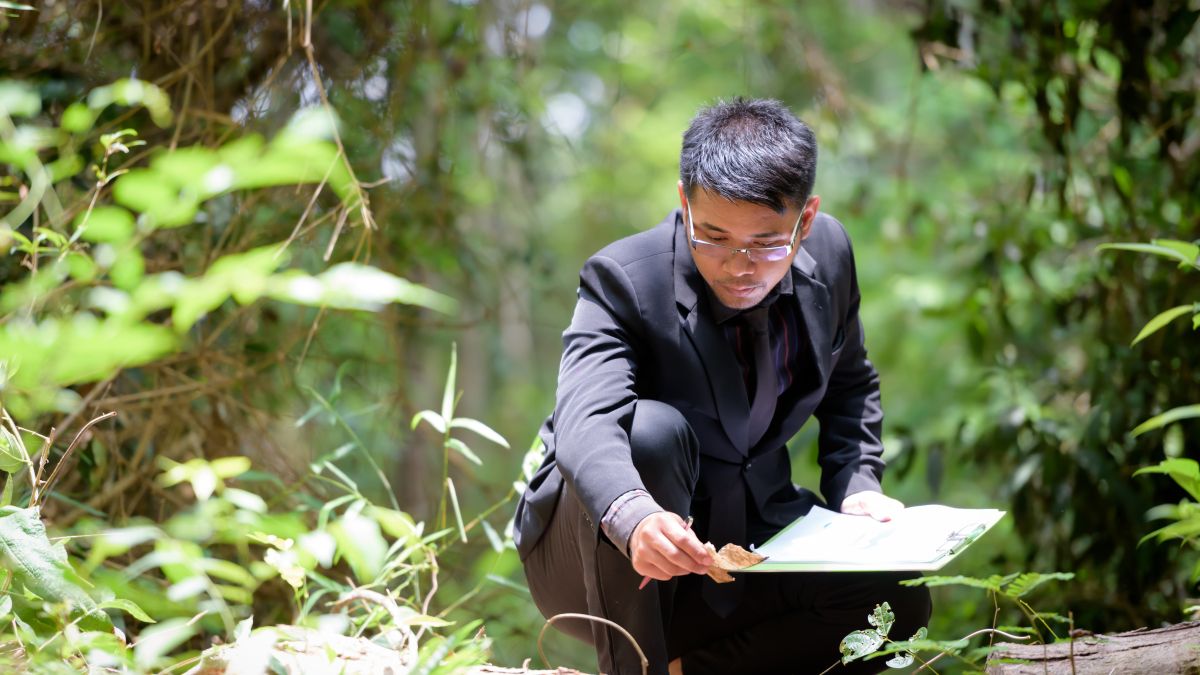
ee360 Goal 3: Mobilizing Access to High-Quality Resources and Networks provides greater usability and access to quality EE resources and reduced duplication of effort through increased coordination and collaboration among institutions and agencies.
Image

Access to Information & Materials
NAAEE is leveraging the success of eePRO, an online hub for professional development in environmental education, by expanding the content and services and growing the number and diversity of users.
NAAEE developed eePRO, an exciting new hub for professional development in environmental education, to allow environmental educators to join dynamic groups focused on themes of interest to the field; stay connected with colleagues through discussions, blogs, opportunities, resource postings, networking, and other online features; and take part in monthly NAAEE webinars on cutting-edge issues in the field and intriguing new topics. eePRO also allows EE professionals to search for highlights and news from NAAEE and the field; workshops, online courses, and other learning opportunities; the latest jobs, grants, and scholarships; research and resources; events, conferences, and webinar recordings, and other important portals, such as MEERA (My Environmental Education Research Assistant).
In addition to continuously improving the overall eePRO interface, NAAEE has offered professional development and specialized expertise through the popular monthly webinar series, “Bringing New Ideas and Innovation to the Field of EE." NAAEE continues to extend eePRO's reach through the newsletters, eeNEWS and eeJOBS; emailed digests to members of the eePRO groups; and through NAAEE’s growing social media outreach.
NAAEE is continuing to assure that educators are using outstanding materials by developing and implementing an online process—rooted in the Guidelines and fully integrated into eePRO—to review materials and programs and showcase those that are most highly rated. By convening experts in materials development and evaluation, NAAEE is exploring ways to structure a review process that is widely accessible, easy to use, and sustainable, and that enables users to quickly identify the most effective resources to meet their goals. This effort includes reviews of quality assurance efforts in related fields and builds on our own past experience with materials review.
NAAEE also continues to leverage the success of eePRO by expanding the content and services available and growing the number and diversity of users. Plans include exploring new moderated interest groups, offering a monthly webinar series facilitated by exceptional thought leaders, and expanding research briefs in order to increase application of new knowledge.
Partners: NAAEE
People: Stacie Pierpoint
Image

Research
Stanford University is developing workshops focused on the research-and-practice connection and is producing Research Bulletins, summarizing and annotating environmental education research, written in accessible language and tailored for formal and nonformal environmental education practitioners.
As a leader in the field of EE research, Stanford University is summarizing and annotating recently published environmental education research, and collecting it in Environmental Education Research Bulletins (EERBs). The Research Bulletins report on research from journals focused on issues pertaining to environmental educators, and the summaries are written in accessible language tailored for field practitioners, both in formal and nonformal settings. These bulletins include articles related to environmental education evaluation, sense of place, environmental behavior, teaching practices, and professional development, among other relevant topics.
Partner: Stanford University
People: Nicole Ardoin
Image

Guidelines Updates & Modules
NAAEE, the University of Oregon, and Antioch University of New England are producing training modules for the new Guidelines for Excellence: Community Engagement, as well as working to update the current Guidelines series to align with current trends and needs.
NAAEE published a new set of Guidelines for Excellence focusing on community engagement in 2016. The new guidelines are being disseminated and the University of Oregon and Antioch University of New England (AUNE) are conducting in-depth trainings to ensure their effective use. These guidelines address a number of critical topics such as cultural competency, strategic partnerships, civic engagement techniques, and stakeholder engagement. A series of professional development modules are being developed to support in-depth training in each of these topics, including one train-the-trainer workshop manual and in-depth modules on a priority topic (e.g., cultural competency, stakeholder engagement).
Partners: Antioch University, NAAEE, University of Oregon
People: Bora Simmons